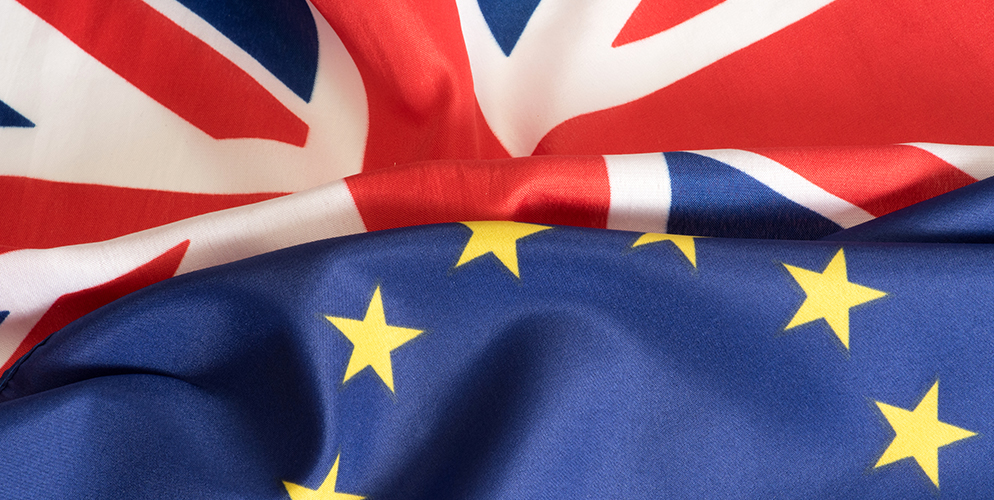No Easy Exit for the U.K. to Brexit
- January 16, 2019
Prime Minister Theresa May sustained a historic defeat yesterday losing a parliamentary vote on the Brexit deal she had so arduously negotiated with the European Union.
Bloomberg news summarized May’s government’s plans after the vote which included the following:
- Parliament will vote on the no-confidence motion in the government at 7 p.m. (London time) this Wednesday after a debate that begins around 1 p.m.
- Labour party leader Jeremy Corbyn will open the debate and May will respond
- After the confidence vote, which May expects to win, she plans to "constructively" engage with any senior politicians from all parties. Talks will start as soon as Thursday, and certainly by the end of the week, according to a May aid.
- The talks could even include Corbyn, but no one is ruled in or out at this point
- May's spokesman confirmed she still plans to take the U.K. out of the EU on March 29 and is not extending the Article 50 deadline

From our perspective as market strategists we were reminded of the complexity and arcane nature of domestic politics of any country to one looking from the outside in.
We can’t help but think there’s bound to be a book by financial history authors Michael Lewis or James Stewart likely to emerge from this extraordinary great political gnashing of teeth televised often on a daily basis to the world.
For all the aforementioned drama the fact that the pound erased a decline against the dollar after Parliament overwhelmingly voted against May’s Brexit deal signaled that perhaps the U.K.’s exit from the E.U. might be derailed, and signaled that perhaps a better outcome might come out of all this.
Since the Brexit vote in 2016 we have embraced the view that Britain’s exit from the EU would have greater effects on the British Economy and importers of goods into the U.K. than it would on Europe’s multi-country union. The sheer number of countries involved in the EU and the collective scale of their aggregated economies would dictate that.
For countries elsewhere in the world the effects of the U.K.’s Brexit from the EU are likely to have even less effect outside of any idiosyncratic relationships or interdependencies.
For now we will continue to monitor the situation seeking further clarification and detail as to what might lead to a definitive Brexit agreement.
We can’t help but think that a more practical and organic solution could emerge at some point if one considers that the Continent and what has come to be known as Great Britain were trading with each other and interacting socially (peacefully or otherwise) long before even the Saxons and the Normans walked the earth.

John Stoltzfus
Title:Chief Investment Strategist, Oppenheimer Asset Management Inc.
John is one of the most popular faces around Oppenheimer: our clients have come to rely on his market recaps for timely analysis and a confident viewpoint on the road forward. He frequently lends his expertise to CNBC, Bloomberg, Fox Business, and other notable networks.